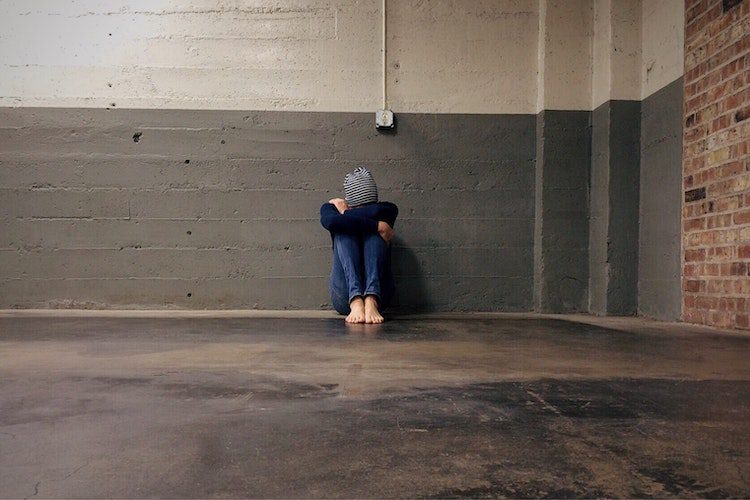Unless you are a devoted listener to an oldies radio station, you probably haven’t heard a Roy Orbison song in a while. In fact, if you are too young to remember his reemergence in the 1980s with the supergroup known as The Traveling Wilburys, you might not be familiar with him at all. But at one time, he was as famous as any pop star you care to name. No less a luminary than Elvis Presley called Orbison “the greatest singer in the world.” His most famous song was undoubtedly “Oh, Pretty Woman,” for which Orbison won the 1964 Grammy Award for Best Male Pop Vocal Performance. Orbison’s first hit was “Only the Lonely (Know the Way I Feel Tonight),” which was recorded and released in 1960 and hit #2 on the US charts. A ballad of longing for love, the song features Orbison singing these mournful lines:
Only the lonely
Know the way I feel tonight
Only the lonely
Know this feeling ain’t right
For a person in recovery from a substance use disorder, Orbison’s song offers an important reminder about loneliness: It isn’t the right kind of feeling for a person working to maintain their hard-won sobriety.
Why This Feeling Ain’t Right
We all feel lonely from time to time, but when you are in recovery, too much loneliness can lead to real problems—including relapse. Going it alone in sobriety is extremely challenging for all sorts of reasons.
When a person in recovery spends too much time alone and begins to feel lonely, potential problems are on the horizon. When you are lonely, it can be more difficult to withstand cravings. It can be harder to pull yourself out of a funk (a problem that can be exacerbated if a mental health disorder like depression or anxiety is in play). It can be harder to resist the urge to rekindle relationships with the people you hung out with when you were using drugs or drinking.
For all of those reasons, avoiding loneliness is an important goal to pursue.
Options for Sociability While Sober
So how do you go about avoiding loneliness in your day-to-day life? You can start by staying committed to your recovery support program.
Among the reasons 12-Step and other recovery programs are so important for people in recovery is that they bring people together. Sure, these programs have philosophies, strategies, and resources intended to help you stay sober. But that is just part of what makes them valuable. An equally important part of these programs is their social aspect. They allow people to share their experiences and offer support to one another. These regular interactions keep participants from retreating into themselves.
But the recovery community—while essential—is certainly not the only kind of social interaction that serves a person well when they are working to stay sober. A faith community, a group of folks who share a hobby, empathetic coworkers, and—perhaps most importantly—a gaggle of good friends and supportive family members can all provide essential underpinnings for your ongoing sobriety.
The key is to remember to cultivate the kinds of relationships that will enrich your life as well as support your recovery efforts.
Another Reminder from Roy
We mentioned at the top that Roy Orbison was part of the supergroup The Traveling Wilburys (which also included, amazingly, George Harrison, Bob Dylan, Tom Petty, and Jeff Lynne) in the 1980s. The band had a hit with “End of the Line.” In that song, Orbison sings this verse:
Well, it’s all right even when push comes to shove
Well, it’s all right if you got someone to love
Well, it’s all right, everything’ll work out fine
Well, it’s all right, we’re going to the end of the line
That second line no doubt refers to romantic love (the same sort of love sought in “Only the Lonely,”) but we think the point applies to your whole circle of friends and family who support your sobriety “even when push comes to shove.”
You Do Not Have to Get Sober Alone
Struggling with drugs or alcohol can be a lonely way to move through your life. Fortunately, getting sober can—and should—be a collaborative endeavor with a team of professionals who can see you through detoxification and rehabilitation as well as provide ongoing support as your recovery journey gets underway.
At Wooded Glen Recovery Center in Indiana, we offer compassionate, personalized treatment for substance use disorders as well as co-occurring mental health disorders (including depression, anxiety, and trauma-based disorders) so that you can reclaim your sobriety and your life—and then fill that life with the people who offer you love, support, and joy.

